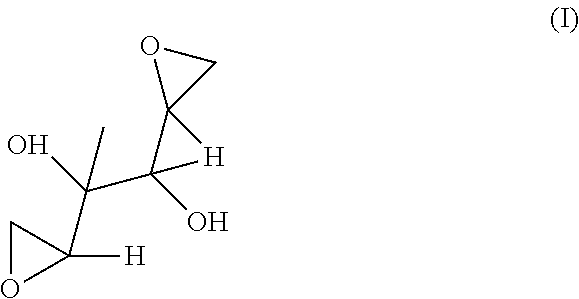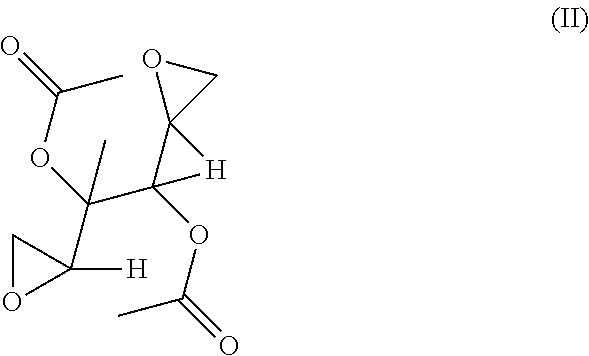Methods to improve the therapeutic benefit of suboptimally administered chemical compounds including substituted hexitols such as dianhydrogalactitol and diacetyldianhydrogalactitol
a technology of dianhydrogalactitol and diacetyldianhydrogalactitol, which is applied in the field of hyperproliferative diseases including oncology, can solve the problems of inability to meet preclinical testing and federal regulatory requirements for clinical evaluation, failure or disappointment of chemical agents in human clinical trials, and inability to achieve in vitro and in vivo clinical trials, so as to improve the utility of chemical agents with suboptimally performed, improve the effect of dose determination and schedul
- Summary
- Abstract
- Description
- Claims
- Application Information
AI Technical Summary
Benefits of technology
Problems solved by technology
Method used
Image
Examples
Embodiment Construction
[0592]This invention relates to novel compositions and methods to improve the utility of chemical agents including substituted hexitols such as dianhydrogalactitol or diacetyldianhydrogalactitol with suboptimal performance for patients with cancer, as well as additional therapeutic agents or agents capable of therapeutic application including, but not limited to, Avastin (bevacizumab), Rituxan (rituximab), Nexavar (sorafenib), dasatinib, nilotinib, Provenge (sipuleucel-T), Tarceva (erlotinib), Iressa (gefitinib), curcumin, berberine, and tetrandrine. The invention describes the novel development of improved pharmaceutical ingredients, dosage forms, excipients, solvents, diluents, drug delivery systems, preservatives, more accurate drug administrations, improved dose determination and schedules, toxicity monitoring and ameliorization, techniques or agents to circumvent or reduce toxicity, techniques and tools to identify / predict those patients who might have a better outcome with a t...
PUM
| Property | Measurement | Unit |
|---|---|---|
| shelf temperature | aaaaa | aaaaa |
| temperature | aaaaa | aaaaa |
| temperature | aaaaa | aaaaa |
Abstract
Description
Claims
Application Information
 Login to View More
Login to View More - R&D
- Intellectual Property
- Life Sciences
- Materials
- Tech Scout
- Unparalleled Data Quality
- Higher Quality Content
- 60% Fewer Hallucinations
Browse by: Latest US Patents, China's latest patents, Technical Efficacy Thesaurus, Application Domain, Technology Topic, Popular Technical Reports.
© 2025 PatSnap. All rights reserved.Legal|Privacy policy|Modern Slavery Act Transparency Statement|Sitemap|About US| Contact US: help@patsnap.com


